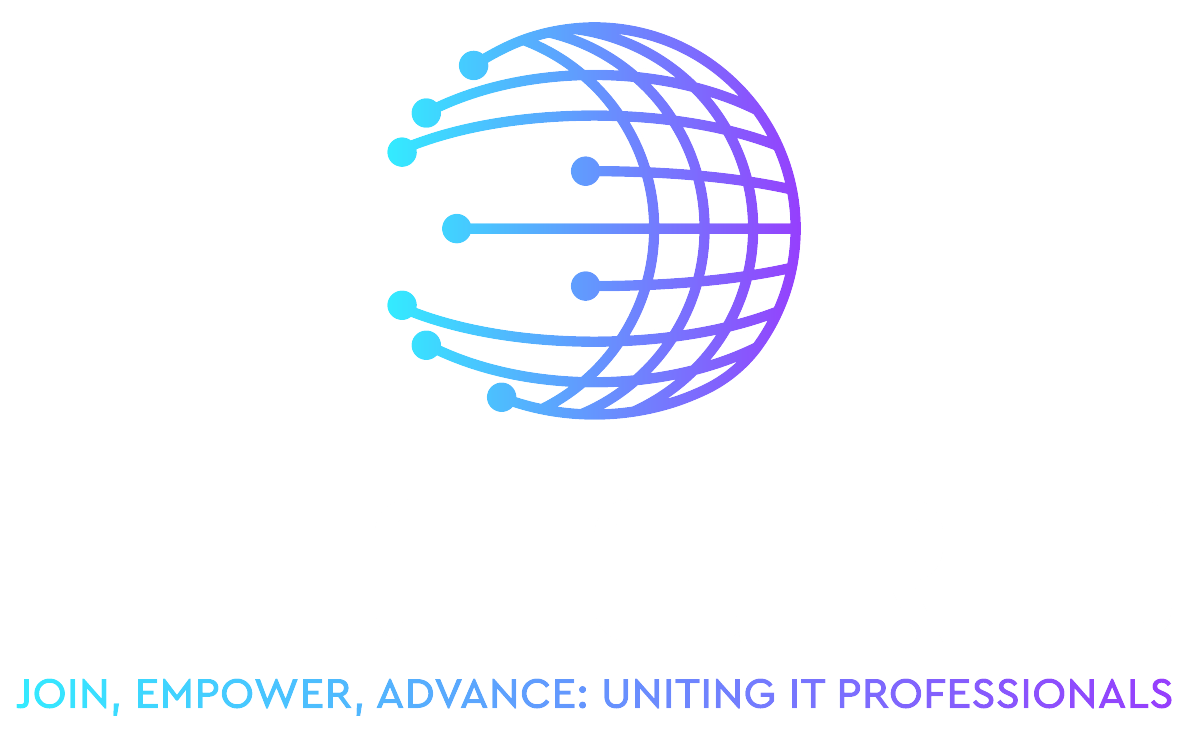Why Every Small Business Needs IT Support: Benefits, Services, and How to Choose the Right Provider
In today’s fast-paced digital world, small businesses face numerous IT challenges. From maintaining secure networks to ensuring smooth daily operations, the need for robust IT support cannot be overstated. This blog post delves into the critical importance of IT support for small businesses, the benefits it offers, and how to choose the right IT support provider.

The Importance of IT Support for Small Businesses
Small businesses are increasingly relying on technology to drive their operations, enhance productivity, and stay competitive. However, managing IT infrastructure can be daunting, especially for those without a dedicated IT department. This is where professional IT support comes into play.
Common IT Challenges Faced by Small Businesses
- Cybersecurity Threats:
- Small businesses are prime targets for cyberattacks due to their often less robust security measures.
- Network Downtime:
- Network issues can halt business operations, leading to lost productivity and revenue.
- Data Management:
- Proper data storage, backup, and recovery are essential to protect business information.
- Compliance:
- Adhering to industry regulations and standards can be complex and time-consuming.
Benefits of IT Support for Small Businesses
1. Improved Efficiency and Productivity
Professional IT support helps streamline business operations by ensuring that all systems function optimally. This minimizes downtime and allows employees to focus on their core tasks without technical interruptions.
2. Enhanced Security
IT support providers implement advanced security measures to protect your business from cyber threats. This includes firewall setup, regular security audits, and employee training on cybersecurity best practices.
3. Cost Savings
Investing in IT support can lead to significant cost savings in the long run. By preventing major IT issues and ensuring efficient operations, businesses can avoid costly downtime and data breaches.
4. Access to Expert Knowledge
Small businesses can leverage the expertise of IT professionals without the need to hire full-time staff. This provides access to the latest technologies and best practices in the industry.
Types of IT Support Services

Managed IT Services
Managed IT services involve outsourcing your IT operations to a professional provider. This includes network management, software updates, security monitoring, and more. Managed services ensure that your IT infrastructure is maintained and optimized continuously.
Help Desk Support
Help desk support offers immediate assistance for technical issues that arise during daily operations. This can be in the form of phone support, live chat, or email. Having a reliable help desk ensures that technical problems are resolved quickly, minimizing disruption.
Network Management
Effective network management involves monitoring and maintaining network infrastructure to ensure optimal performance. This includes managing routers, switches, and wireless networks, as well as addressing connectivity issues promptly.
Cybersecurity Services
Cybersecurity services focus on protecting your business from digital threats. This includes implementing firewalls, antivirus software, intrusion detection systems, and conducting regular security audits.
Choosing the Right IT Support Provider
Selecting the right IT support provider is crucial for maximizing the benefits of IT services. Here are some tips to help you make the right choice:
1. Evaluate Expertise and Experience
Look for providers with extensive experience in serving small businesses. Check their track record and client testimonials to gauge their expertise.
2. Assess Range of Services
Ensure that the provider offers a comprehensive range of services that meet your business needs. This includes managed services, cybersecurity, network management, and help desk support.
3. Consider Responsiveness and Support
Choose a provider known for their responsiveness and quality of support. Timely assistance is crucial in minimizing downtime and resolving issues efficiently.
4. Review Pricing and Contracts
Compare pricing structures and contract terms to ensure they align with your budget and requirements. Look for providers that offer flexible pricing plans and transparent contracts.
Frequently Asked Questions

What is IT support, and why is it important for small businesses?
IT support involves managing and maintaining IT infrastructure to ensure smooth operations. It is crucial for small businesses to prevent downtime, enhance security, and improve productivity.
How can managed IT services benefit my small business?
Managed IT services provide continuous monitoring and maintenance of your IT systems, ensuring optimal performance and security. This allows you to focus on your core business activities.
How do I choose the right IT support provider?
Evaluate providers based on their expertise, range of services, responsiveness, and pricing. Look for providers with a proven track record in serving small businesses.
Conclusion
Investing in IT support is essential for small businesses to thrive in today’s digital landscape. By partnering with a reliable IT support provider like The GRID, you can enhance your business efficiency, security, and overall performance. Get started with a free consultation call to explore how we can help your business succeed.
The GRID offers comprehensive IT consulting, services, and direction tailored to the unique needs of small businesses. Contact us today to schedule your free consultation and take the first step towards optimized IT support.

